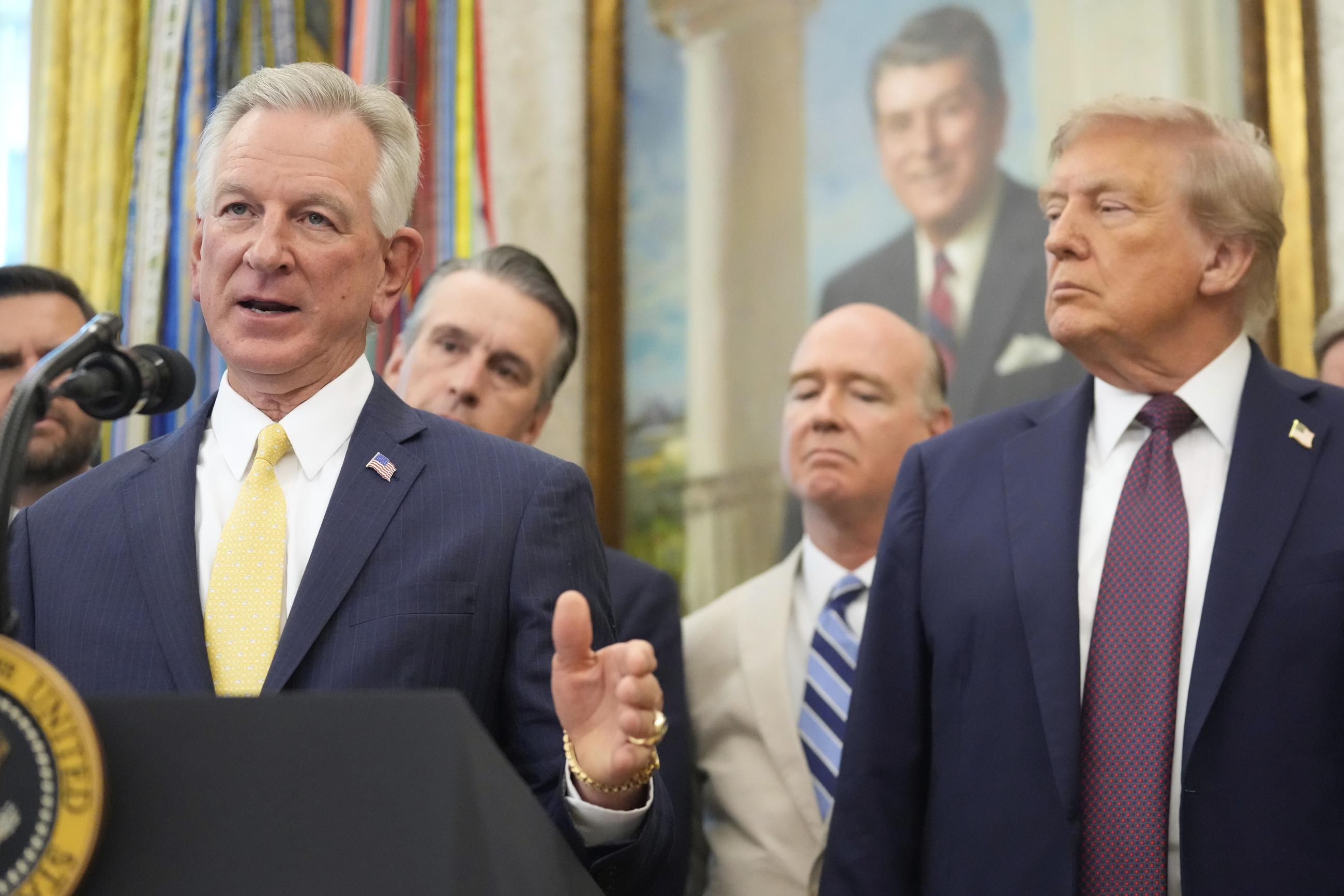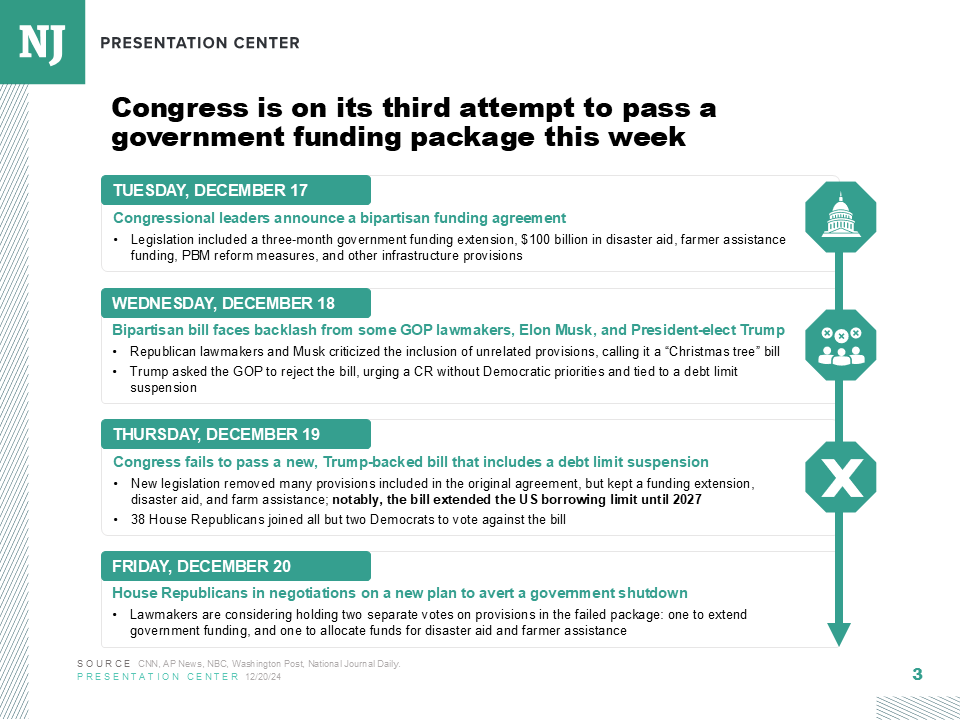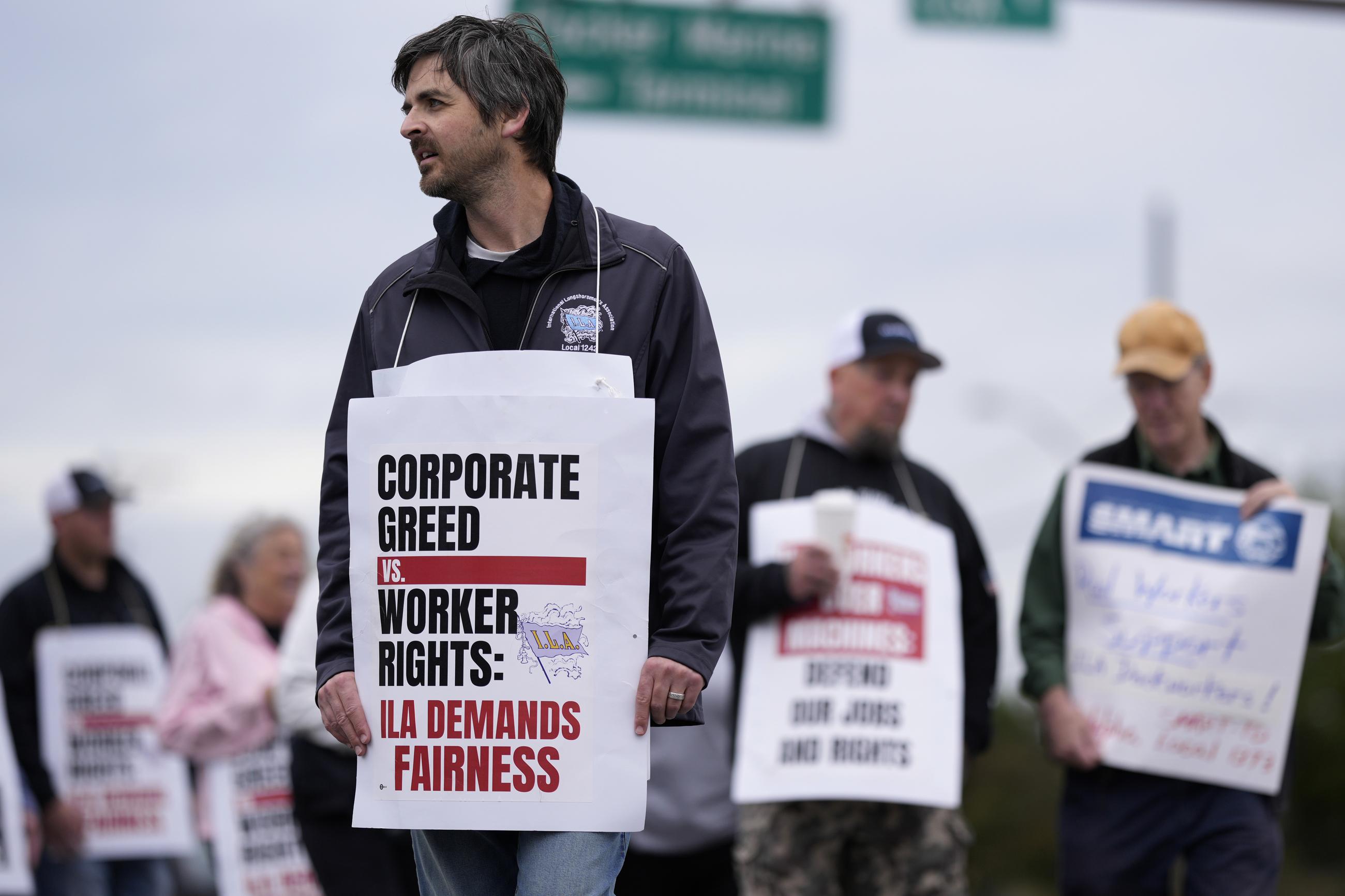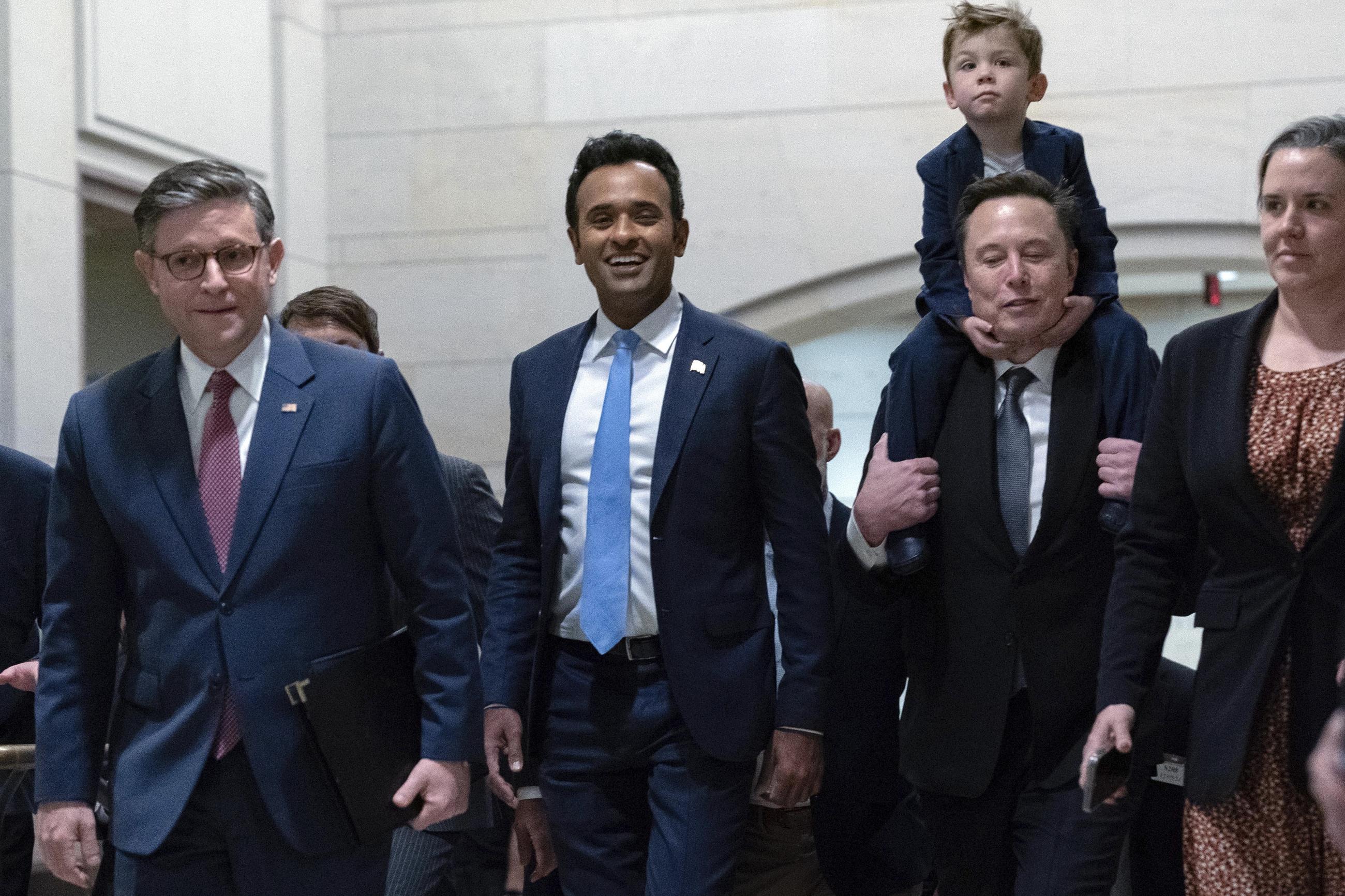The dilemma of whether to renew—or not renew—a key Obamacare policy is sharply dividing the GOP conference ahead of an impending end-of-the-year deadline.
Premium tax credits created under the Affordable Care Act and expanded by Congress during the COVID pandemic are set to expire at the end of 2025. They have helped millions afford health coverage on the marketplace, but they are not inexpensive, drawing the attention of budget-cutters looking to pare back the cost of government.
Republicans, who currently control the levers of power in Washington, are facing a political conundrum heading into the midterms: Do they renew a Democratic policy and priority that has gained popularity over the years—but that has been a target among their base for repeal—or allow for premiums to spike substantially a year before voters head to the polls?
Three months away from the expiration, Republican lawmakers are still at a loss for a strategy on how to adequately address the policy. The conference has been divided into factions. Proposals range from teaming up with Democrats for a “clean" extension, to pairing an extension with reforms to the ACA subsidy and possibly the marketplace, or allowing for the enhanced tax credits to lapse. What Republicans decide could have an impact on whether the government shuts down next week.
The 'clean' extension camp
A number of moderate Republicans are supporting a renewal of the enhanced subsidies as they are, arguing that a temporary extension would give lawmakers more time to come up with alternative proposals that would deliver adequate reform, while ensuring enrollees are not priced out of the marketplace.
Republican Rep. Jen Kiggans and Democratic Rep. Tom Suozzi have introduced a bill that would allow for a one-year extension of the enhanced subsidies without changes to the tax credits. Signing on to the measure were a number of Republican and Democratic moderates, including GOP Reps. Brian Fitzpatrick, Jeff Hurd, Rob Bresnahan, Young Kim, David Valadao, Carlos Gimenez, Tom Kean, Juan Ciscomani, Mike Lawler, and Maria Elvira Salazar, and Democratic Reps. Jared Golden, Don Davis, and Marie Gluesenkamp Perez.
Democrats have largely been united in asking for a clean extension of the subsidies, but they are divided on how long the extension should be. Some, such as Suozzi, are open to a one-year extension. Others, including House Ways and Means Committee ranking member Richard Neal, have said that a one-year extension is a nonstarter.
An extension of the Obamacare subsidies has been the minority party’s chief ask in negotiations over government funding—which Republican leadership, taking a cue from President Trump, has largely opposed.
Some Senate Republicans have been open to a clean extension as well. Sen. Lisa Murkowski introduced a bill last week that would extend the enhanced tax credits for another two years, and she proposed a framework to avert a government shutdown that includes a one-year extension.
Extension, but with reforms
A large part of the GOP Conference is looking to attach any extension of the enhanced subsidies with reforms to the ACA marketplace, targeting what they consider to be “waste, fraud and abuse.”
“We’ll make sure we keep as much fraud out of it as we possibly can,” said Sen. Tommy Tuberville, who falls into the reform camp. “I think we can convince people that there won’t be a huge change in it, but we’ll see what happens.”
Rep. Morgan Griffith wrote in his weekly newsletter that Republicans could propose a “phase-out” of the subsidies instead of allowing for a financial "cliff"—a sharp cutoff in eligibility for those whose income is 400 percent above the federal poverty level. The enhanced subsidies expanded access to that income group.
Another possibility, Griffith says, is the grandfathering of the program—essentially only allowing current enrollees to have access to the subsidies. This, he says, could be paired with a new income cap on the subsidy.
Other proposals that are being floated would require enrollees to pay a minimum premium and would eliminate zero-premium plans that conservatives say are rife with fraud, according to reporting from Axios.
Any type of reform to the larger marketplace, however, would require cross-committee coordination, as the Affordable Care Act touches three separate laws: the Internal Revenue Code, the Public Health Service Act, and the Employee Retirement Income Security Act. These laws fall into the jurisdiction of three different House committees: Ways and Means, Energy and Commerce, and Education and the Workforce. In the Senate, the Finance and Health, Education, Labor, and Pensions committees also have jurisdiction.
A number of proposals to overhaul the ACA marketplace were floated during the crafting of Republicans’ reconciliation bill that passed into law earlier this year. For example, House Republicans considered expanding a tax-free stipend for employees that would allow them to purchase their own individual health insurance plans, otherwise known as an Individual Coverage Health Reimbursement Arrangement. The measure would allow employees with ICHRAs to use pre-tax dollars through a “cafeteria plan” to pay for ACA Marketplace premiums that are on the exchange. However, that language was axed in the Senate.
A group of Senate Republicans has been formed to discuss what reforms could look like—but whether or not any bill could move past the House is still in doubt.
“My opinion is I don’t think it would move. I don’t think you could ever get this passed in the House, ever,” said one Senate Republican who’s not part of the working group. “Keep in mind, there isn’t one Republican that’s ever voted for this premium tax credit, ever.”
No extension by any means
A number of fiscal hawks are firmly against the idea of renewing the subsidies at all, arguing that the enhanced tax credits fulfilled their purpose during the pandemic.
House Freedom Caucus Chair Andy Harris has consistently railed against renewing the enhanced subsidies, noting that “COVID’s over.” The Senate’s conservative faction is also fighting any extension, with GOP Senate Steering Committee Chair Rick Scott calling for the policy’s expiration. Sen. Mike Lee, a former GOP Steering Committee chair, blasted his own colleagues for working to renew the subsidies in a post on X.
A number of conservatives have pointed to the cost of the program and to what they consider fraud in the marketplace. The cost of the subsidies, they argue, is footed by taxpayers and unfairly benefits insurance brokers and companies.
“They’ve opened up billions of dollars worth of fraud—unscrupulous agents and brokers signing people up [who] don't even know they have coverage, billions of dollars flowing into insurance companies,” Sen. Ron Johnson said. “It's costing us tens of billions of dollars. Why would anybody support perpetuating that fraud?”
Enacting a one-year extension could cost roughly $30 billion, according to estimates from the Committee for a Responsible Federal Budget. A permanent extension could cost up to $350 billion through 2035, but would expand coverage to 3.8 million more enrollees over the next decade, according to the Congressional Budget Office.









